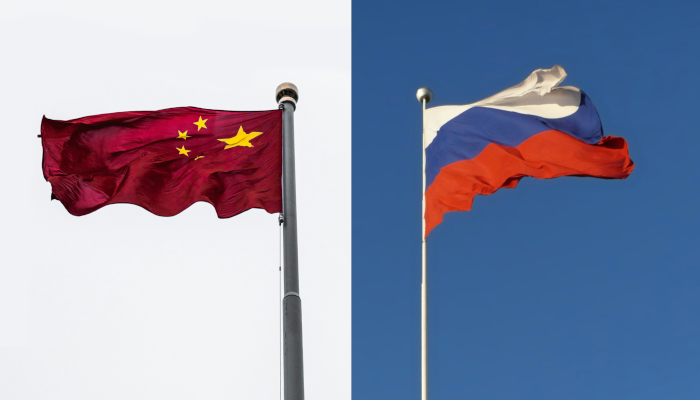
Beijing is operating a trade model that could bust China and the rest of the world, either now or in the coming years. A vital party plenum in July might address the issue, but how?
The Future
In 2032, Wall Street crashed, and the dollar collapsed. The US trade deficit with China had ballooned to $1.6 trillion. Most households failed to pay their mortgages and even their credit card bills. The US was on the brink of defaulting on its debt, which by then was mostly owned by China. China had refinanced the US but demanded American assets as collateral, and Washington, aiming to avoid confrontation, had complied.
However, due to public outcry, the new president, on the eve of hotly disputed elections, was nationalizing Chinese assets in the US, as many countries, including China, had done before. Beijing faced a stark choice: accept the colossal loss and sink its economy, or start a war with the US to reclaim the assets, leading to a conflict of unprecedented scale and destruction.
Meanwhile, China’s social divide had grown wider. Young intellectuals, claiming to be neo-Marxists-neo-Muslims, were spreading revolutionary propaganda. They argued that the Chinese leadership allowed Americans to live beyond their means while suppressing Chinese living standards. They accused Chinese leaders of aiding American prosperity while preventing Chinese citizens from attaining their rightful wealth. As in many times throughout Chinese history, radical nationalism had turned against its own leaders, accusing them of surrendering to foreign interests. While social security had made some progress, it wasn’t comprehensive enough to bridge the social divide.
America’s path was messy, but China’s was even worse. The trouble began about eight years earlier when, at the end of the 2024 presidential campaign, the new US president yielded to pressure from a group of billionaires and fully reopened trade with China. What had appeared to be a victory for global peace and development led to the 2032 global meltdown, triggering social and political upheavals worldwide.
The Present
This future is neither impossible nor far away, and it stems from failing to address a simple and basic question in 2024: how can a growing trade deficit be sustainable over the long term?
Today, to continue the current trend, setting aside the deep distrust built up over the past decade, China will have to buy more bonds and finance a growing US spending spree. Americans will live better thanks to Chinese savings, while the Chinese population will have to endure relatively miserable lives to finance US imports and affluent lifestyles.
Isn’t this some kind of self-exploitation? And for what?
Even if, suddenly, US leaders were to agree to present Chinese requests, this process could continue for a few years, but then what? As one Chinese economist privately remarked some 20 years ago, should we give Americans our tangible goods in exchange for IOUs that could overnight become worthless?
In essence, the current trade deficit is not sustainable in the long run for Americans now and for the Chinese in the long term as well. 1.4 billion Chinese will have to endure poorer living conditions to sustain the consumption patterns of 300 million Americans. Of course, a few wealthy Chinese will also become super rich in the process, but this could sow the seeds of a new revolution, blaming (again?) foreigners for policies that impoverished the Chinese — another century of humiliation.
Indeed, one can endlessly elaborate on the dire consequences of this export-driven model for China. As economists George Magnus and Michael Pettis often argue, the entire system hinges on suppressing Chinese domestic consumption and keeping the RMB low. This policy has strategic implications. China imports all industrial technology by producing everything cheaply and becomes indispensable in the global production cycle. However, the Chinese will pay an immense price for this if they don’t take the next step.
A comprehensive policy overhaul is necessary to address the issue but it will come with political costs. Economist Li Daokui has stated that the July party plenum will announce sweeping reforms. It could prove to be an interesting time.










Il surplus insostenibile della Cina - SettimanaNews